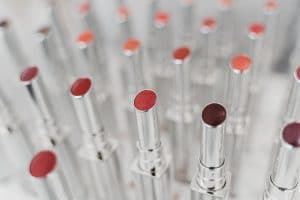A few years ago, researchers at Washington State University were studying the reproductive effects of BPA in mice when they stumbled on a new find. Their experiment had mice housed in BPA-free plastic cages. The test group received doses of BPA through a dropper, while the control group did not. In an article published in National Geographic, geneticist Patricia Hunt was quoted as saying:
Our control data just started to get really wonky. The differences between it and the test group vanished, and many control mice started showing genetic issues.
It turned out that some of the plastic cages were damaged and were leaching bisphenol S, or BPS—an alternative to BPA. Close to 20 years ago, Hunt had been researching BPA and had had the same issue with polycarbonate in mouse cages. Switching gears, Hunt decided to begin researching replacements to BPA to see if they had the same impact on reproduction in mice. Her published study addresses the findings:
Our data show that exposure to common replacement bisphenols induces germline effects in both sexes that may affect multiple generations. These findings add to growing evidence of the biological risks posed by this class of chemicals. Rapid production of structural variants of BPA and other EDCs circumvents efforts to eliminate dangerous chemicals, exacerbates the regulatory burden of safety assessment, and increases environmental contamination.
This new research may suggests that variants of BPA and other EDCs which are found as environmental contaminants pose a risk to reproductive health. Concurrent and more recent research on BPS has led to further confidence on this health threat and others.
Industries have retooled over BPA-Free products. As this expanding research yields enough evidence, there will be countless ingredients (e.g. BPS) that will likely face the same type of scrutiny as BPA.
Reality Changing Observations:
1. Do you worry about the plastics you use at home for food, storage, etc.?
2. Do you believe that the government should further research the affects of BPA and other EDCs variants?
3. How can you educate your friends and family about the health affects of BPAs and other EDCs?





